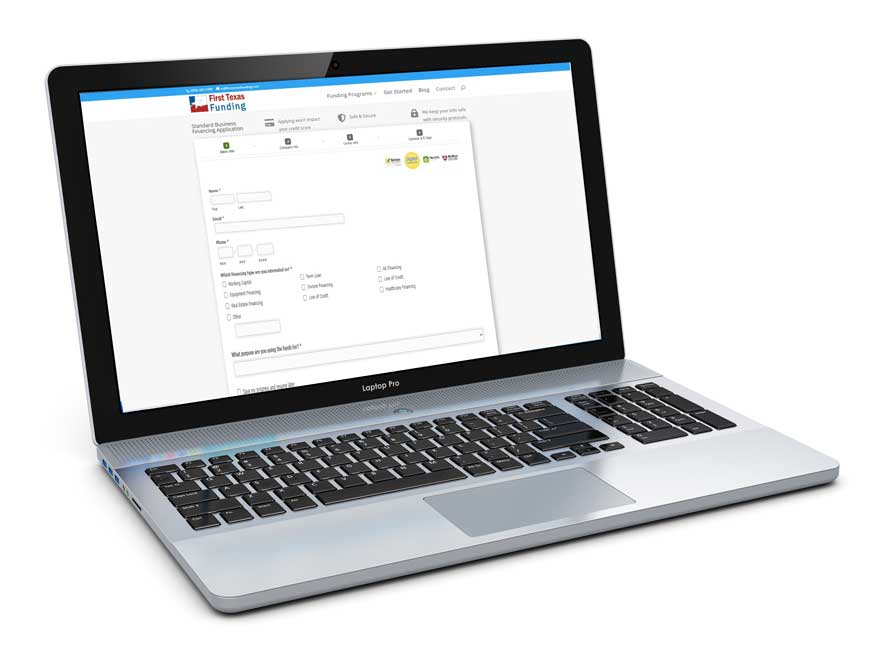Hard Money Loans
Funding Advantages
- Fast funding to seize on opportunities
- Minimal document production
- Often low credit standards
- Short term loans

“Hard money loans are a great way to purchase and renovate properties to flip.”
What Is a Hard Money Loan?
Looking for a loan that uses the property as security? Hard money loans are the answer. Banks don’t typically offer these, but there are alternative lenders such as private companies and individual investors who provide them. With hard money loans, your credit score may not be as important as the value of the property you want to use as collateral. These loans are typically short-term and secure.
Despite the fewer requirements to obtain a hard money loan, its lending nature bears some risks which make it an unsuitable option for some individuals.
Individuals who could potentially obtain a hard money loan are:
- House flippers are individuals who purchase distressed properties with the intention of renovating them and selling them for a huge profit. They may even choose to utilize hard money loans to cover both the buying and refurbishing costs. In contrast, rental property investors rely on hard money loans to gain quick access to funds for their transactions.
- Entrepreneurs: In situations where they are unable to qualify for traditional funding, entrepreneurs may consider acquiring hard money loans as a means to buy commercial property.
Advantages of utilizing hard money loans
Borrowers can reap various advantages through hard money loans. These advantages comprise of:
- A hard money loan can be finalized within a few days as compared to traditional loans which take longer. The underwriting process for hard money loans is less strict as these loans are heavily dependent on the collateral value rather than the borrower’s financial status. Credit scores and debt-to-income ratios are given less importance during the lending process as hard money lenders are not bound by the same regulations that traditional lenders are.
- A hard money loan may be an attractive option for individuals who cannot meet the requirements for a regular loan. However, there are significant dangers attached to such loans, and it is important to recognize and understand them fully.
The interest rates charged by hard money lenders are usually higher than those of traditional lenders due to the increased risk they face. A bigger down payment may also be required for the same reason. Furthermore, hard money loans often have shorter repayment terms than traditional loans, ranging from one to three years. All of these factors make hard money loans a costly option for borrowing money.
Do you ever ponder going for different options instead of applying for a hard money loan? Consider these scenarios: If the possibility of losing your collateral (property) creates anxiety, then this loan may not be for you. If the idea of repaying the loan in a limited time frame seems overwhelming, then reconsider your options. If your credit score is impressive, then qualifying for a conventional loan with a lower interest rate could be in your favor. There are other substitutes to hard money loans as well such as home equity loans, traditional mortgages, securing loans from close acquaintances, or seeking financial assistance from the property vendor.


